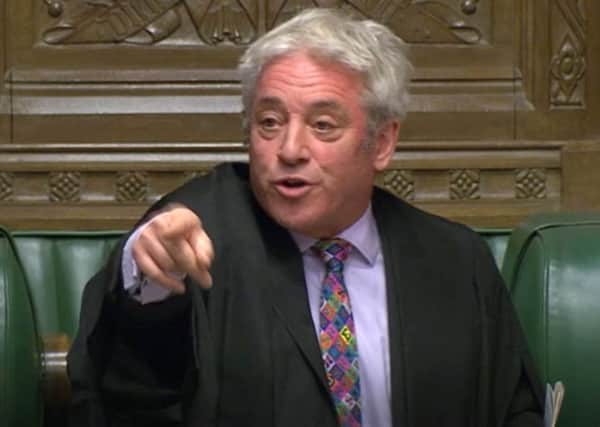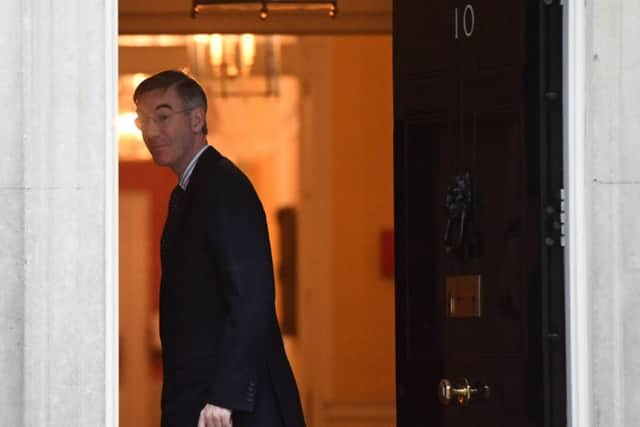John Bercow is not to blame for Brexit chaos; Jacob Rees-Mogg is the real culprit here – The Yorkshire Post says


Yet, while the outgoing Speaker does have many detractors as a result of his handling of Brexit, his primary duty is to Parliament, and not the Government, as he cited constitutional precedents which guarantee “the sensible use of the House’s time, and proper respect for the decisions that it takes”.
Advertisement
Hide AdAdvertisement
Hide AdAfter all, the only material difference between Saturday and yesterday’s events is that Boris Johnson has sent a grudging letter to the EU seeking a Brexit extension – that it was unclear if a serving Prime Minister would comply with the law is beyond the Speaker’s jurisdiction.


And, in most respects, the latest acrimony could have been avoided if the Government had set out a contingency plan after MPs backed Sir Oliver Letwin’s controversial amendment which withholds approval of Mr Johnson’s deal until all relevant legislation has been passed. A safeguard which a majority of MPs still want to negate any possibility of a no-deal Brexit, Commons leader Jacob Rees-Mogg scuttled off when he should, in fact, have been making a business statement and answering questions on the proposed timetable.
Advertisement
Hide AdAdvertisement
Hide AdIt is this failure of statesmanship which helps explain the Government’s latest predicament – hence why the onus is now back on the Government to submit its Brexit blueprint to the necessary scrutiny so any extension to EU membership is kept to a minimum. For, if Ministers believe Mr Johnson’s deal is the way forward, they need to put the proposals, and economic impact assessment, to Parliament in an orderly way – and, in doing so, expose those whose intention is to frustrate Brexit rather than implement the 2016 referendum result.